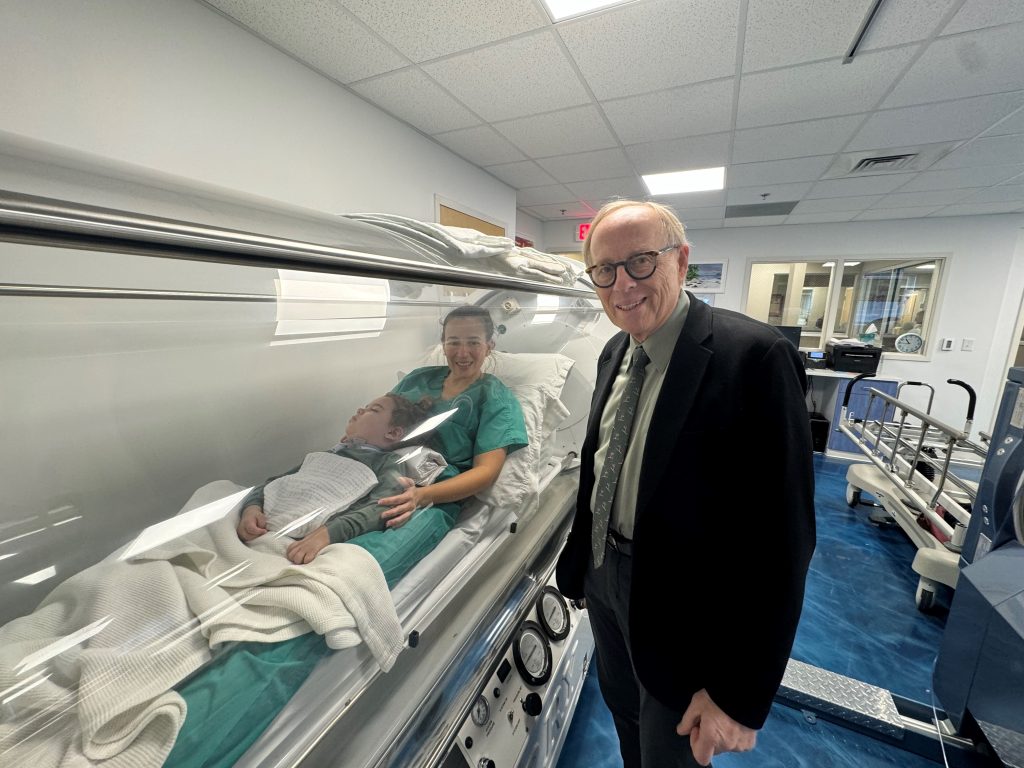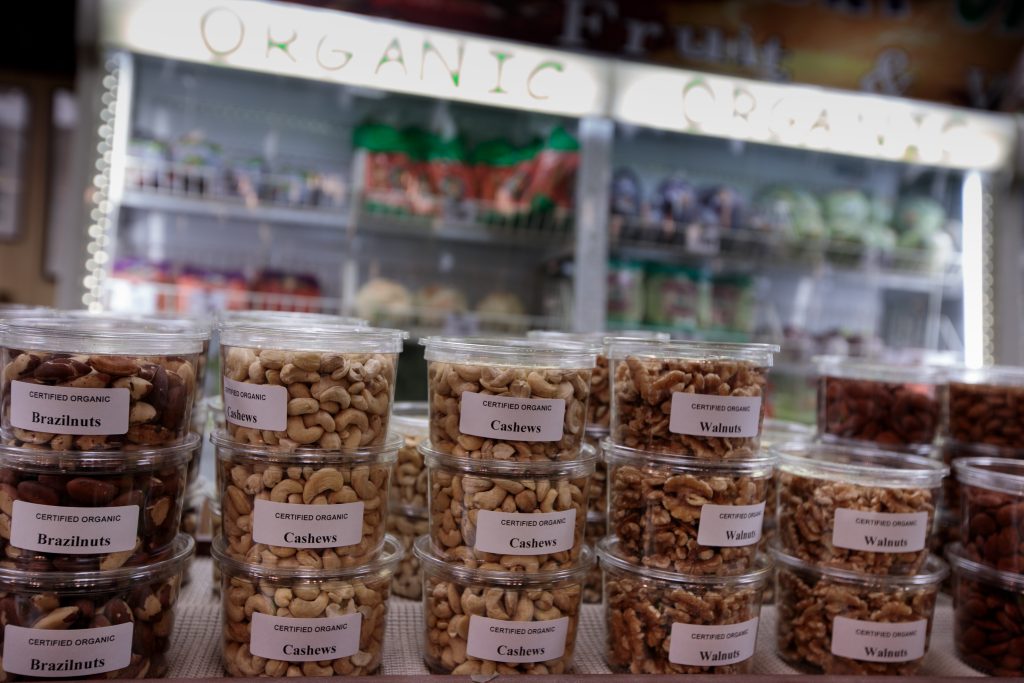Family reunification: Minister Marc Miller got the figures wrong

Posted August 19, 2024 10:41 am.
Last Updated August 19, 2024 10:58 am.
Quebec has issued, in recent months, virtually the same number of immigration selection certificates in the family reunification category as before, contrary to what federal Immigration Minister Marc Miller has stated.
The latter has indicated on several occasions that he had noticed a decrease, which is contradicted by data from the Ministère de l’Immigration, de la Francisation et de l’Intégration du Québec (MIFI) obtained by The Canadian Press through an access to information request.
According to what Minister Miller said, the decrease occurred after he sent a letter last March criticizing Quebec for approving more Quebec selection certificates (CSQ) for family reunification than its admission threshold in this category. Ottawa deplores that this disparity creates a bottleneck at its level since the federal government cannot grant permanent residence to all CSQ holders, due to the province’s threshold.
In his letter, Miller warned his Quebec counterpart, Christine Fréchette, that he was now allowing his department to approve family reunification files beyond the threshold of 10,400 admissions per year, which was received as an “affront” by François Legault’s government. Ottawa had identified “approximately 20,500 [files] as of January 31, 2024” for which there was a CSQ.
At the end of April, a little over a month after sending this letter, Miller said in a press scrum that he had observed a decrease in CSQs granted by Quebec for family reunification. Then at the end of May, he repeated this information during an interview with The Canadian Press, specifying that this decrease had been occurring “for the last few months”.
MIFI data shows that starting in March, the number of CSQs dropped significantly compared to the previous month, going from 1,282 to 993. This last figure is still higher than the number of CSQs granted a few months earlier, in December (980), well before Miller sent his letter.
Another slight decrease of five CSQs was then observed from March to April. Then, from April to June, an increase occurred to reach 1,451, the highest number of CSQs issued per month since last December.
Immigration, Refugees and Citizenship Canada (IRCC) argued in a written statement that “the Minister stated that the number of Quebec selection certificates issued during the month of March had decreased,” which does not exactly match what Miller said.
“This number is expected to fluctuate over time,” it added.
Furthermore, the department indicated that it does not expect to exceed the Legault government’s thresholds “in any category, including family reunification destined for Quebec.”
“IRCC has begun to increase the processing of family class applications destined for Quebec in order to slow the growth of inventories and processing times related to family reunification in this province.”
Minister Fréchette’s office stated in an email that “it is essential that the number of CSQs issued respect the admissions targets set for 2024 and 2025 as well as those for 2026 that will result from the next multi-year plan, while ensuring an adequate inventory to achieve the next admissions targets for 2027.”
Thus, Fréchette set a “maximum ceiling for applications to be received” at the end of June and established “a specific period for receiving these applications,” it was added.
“After reaching the maximum number of commitment applications estimated at approximately 13,000, the minister will no longer receive applications, with the exception of certain specific “outside the ceiling” cases,” it was explained.
It remains to be seen to what extent these measures will result in a decrease in CSQs issued and whether this decrease will satisfy Ottawa.
–This report by La Presse Canadienne was translated by CityNews








